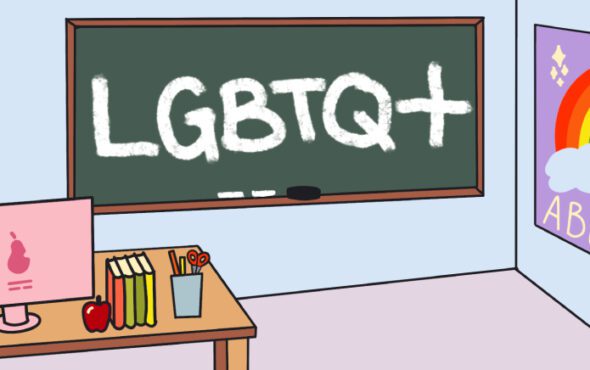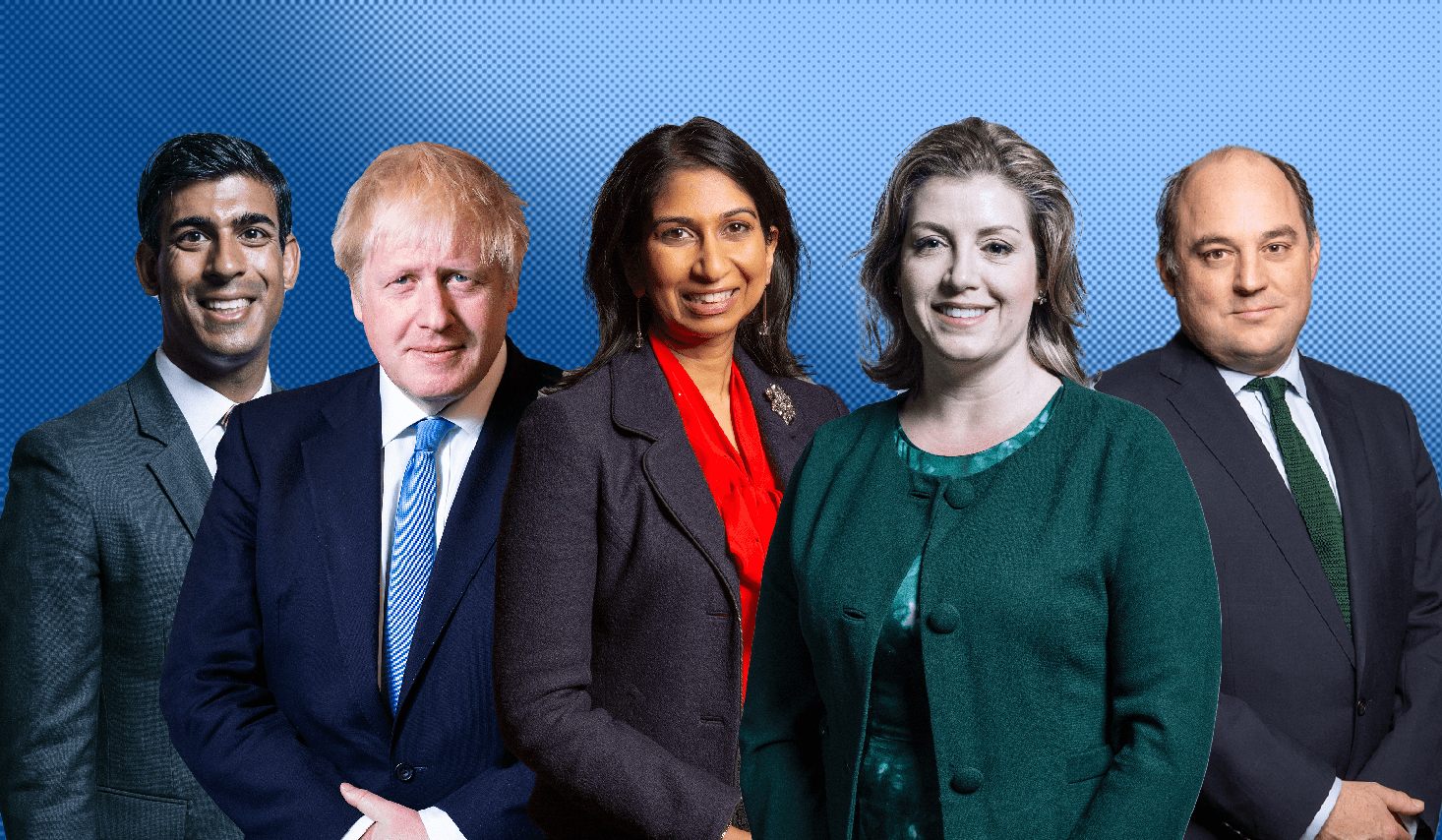
Just a day after telling the House of Commons that she is a “fighter, not a quitter,” Liz Truss has resigned. She becomes the shortest-serving prime minister in British history, quitting after just 44 days in office amid ongoing political crisis surrounding the cost of living and economic turbulence. Nicknamed the “Minister for Inequalities” by some, Truss did little to advance LGBTQ+ rights during her three years as Equalities Minister which made her appointment a concerning prospect for many people in the community. With a successor expected to be chosen within a week, GAY TIMES now looks at where her potential replacements stand on several key LGBTQ+ issues.
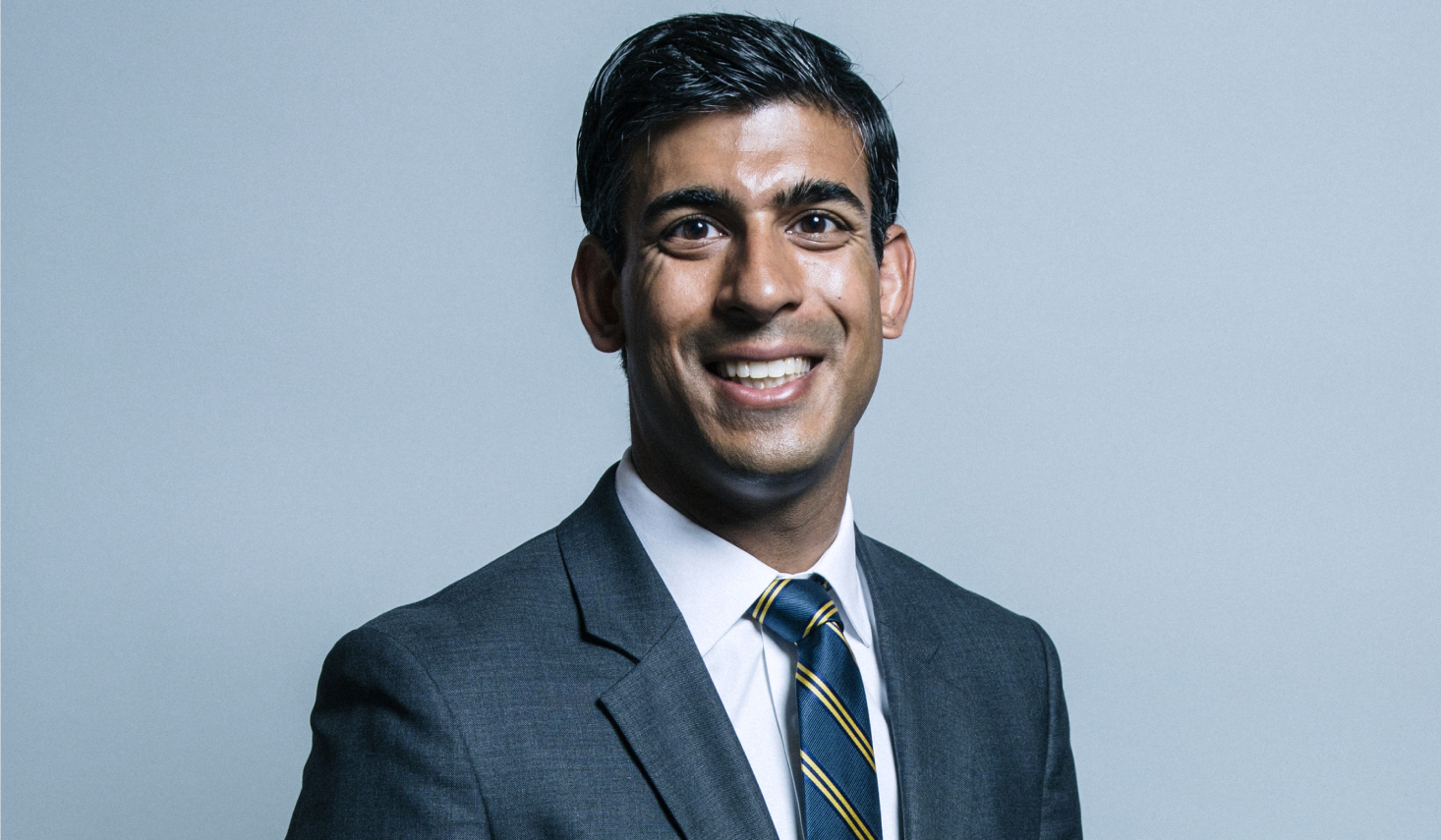
Rishi Sunak
Constituency: Richmond (Yorks)
Position: Chancellor (February 2020 – July 2022)
Rishi Sunak has acknowledged that there are “many areas we need to address to improve the lives of LGBT+ people” and has discussed the importance of ending HIV transmission by 2030. He previously stated that trans people deserve “respect” but also highlighted that he sees biology as “important” and “fundamental” in the context of toilets and sports. During the Tory leadership contest this summer, an ally of the former Chancellor told the Daily Mail that Sunak is “critical of recent trends to erase women via the use of clumsy, gender neutral language” and that, should he become Prime Minister, “will not support the language of sex being eroded in legislation or the public sector.” Sunak reportedly “believes we must be able to call a mother a mother and talk about breastfeeding, alongside trans-inclusive language where needed.” The source alleged that he was planning to launch a “manifesto for women’s rights” which would include a commitment to banning trans women from competing on the sporting team that aligns with their gender identity. Sunak has not been an MP long enough for any significant LGBTQ+ rights votes, but in 2019 was absent for one on extending same-sex marriage to Northern Ireland.
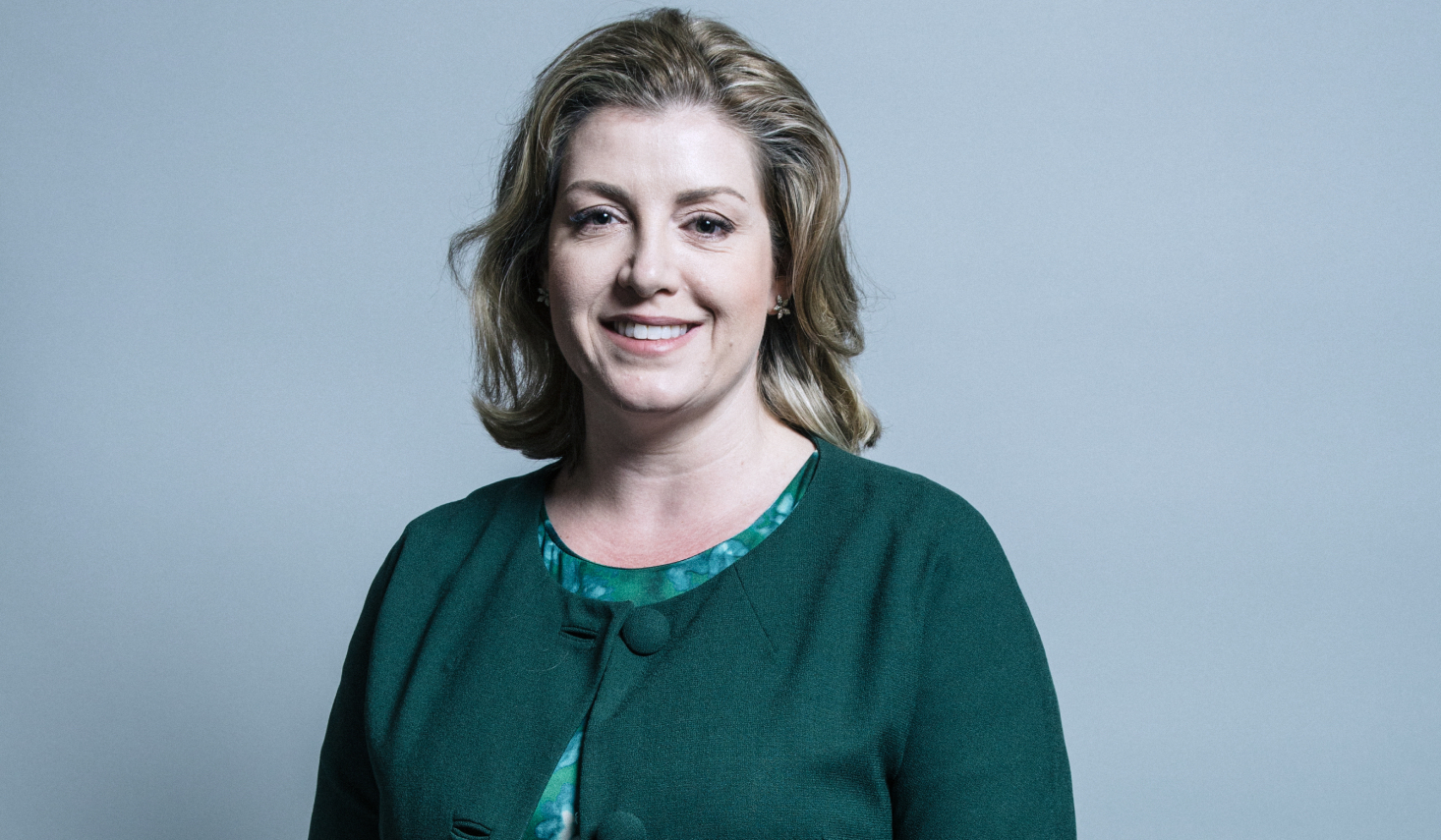
Penny Mordaunt
Constituency: Portsmouth North
Position: Leader of the House of Commons (September 2022 – Present)
During her time as Equalities Minister, Penny Mordaunt was seen by many as an ally to the LGBTQ+ community. She shared that having a gay twin brother inspired her allyship, has marched in Pride parades and shown support of a full and comprehensive ban on so-called ‘conversion therapy’. However, her summer leadership campaign cast a shadow over this, with Mordaunt clarifying her stance on certain LGBTQ+ issues, including reforms that would simplify the gender recognition process for trans and non-binary people. “I’ve never supported self-ID. There are some people that socially transition, but what we were looking at was the Gender Recognition Act, and it’s a process that people go through,” she told LBC in July. In 2018, she said that “trans women are women and trans men are men”, though during her leadership campaign stated that trans women are not “biological women”. She added: “In law, some are. I’m a woman. I’m a biological woman…I’m also legally a woman, and people who have been through the gender recognition process, the gender reassignment, some people will have a birth certificate reissued to them in their new gender.” Mordaunt has, however, pledged to address the lengthy wait times for gender-affirming care should she become Prime Minister and has always voted in favour of LGBTQ+ rights, including same-sex marriage.
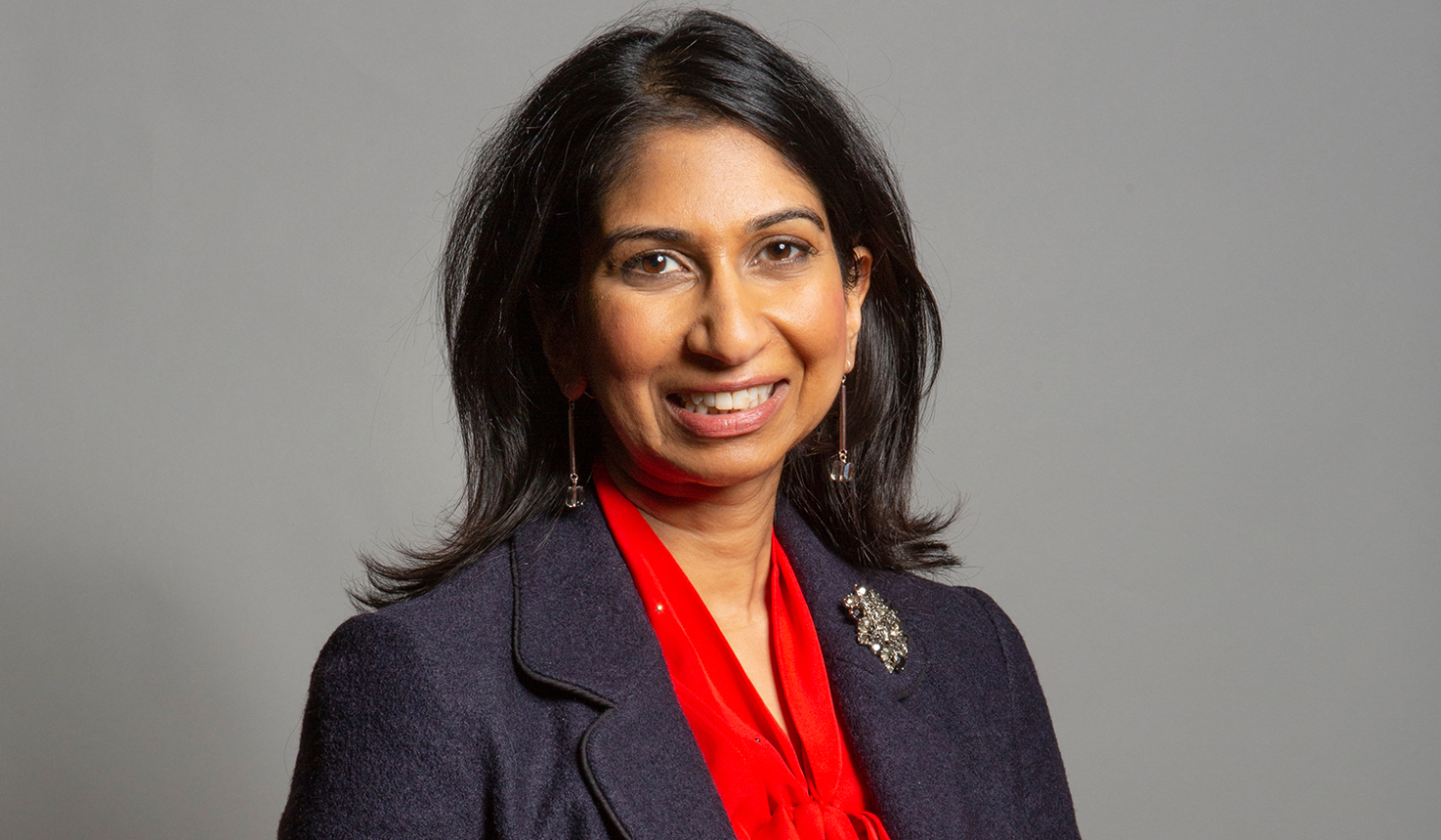
Suella Braverman
Constituency: Fareham
Position: Home Secretary (September – October 2022)
Suella Braverman, the short-lived Home Secretary who said it was her “dream” and “obsession” to see a flight of asylum seekers take off to Rwanda, has been incredibly critical of LGBTQ+ issues, to say the least. “In my view, a primary school where they are teaching eight or nine-year-old pupils – year four children – key words such as transgender, pansexual, asexual, gender expression, intersex, genderfluid, gender dysphoria, questioning or queer would be falling foul of government guidance nor is it age-appropriate to teach four-year-olds that people can change sex or gender,” she previously said. Braverman has also questioned whether or not teachers should have a “legal obligation” to use a student’s preferred pronouns or be given access to the facilities that align with their gender identity in school, such as changing rooms and/or toilets. She has slammed what she refers to as “woke rubbish” and wants the UK to be “a country where describing a man and a woman in terms of biology does not mean that you’re going to lose your job.” Braverman has consistently voted against laws promoting equality and human rights since becoming an MP seven years ago, including being opposed to extending same-sex marriage to Northern Ireland in 2019 – something she said was because it “should be dealt with by the devolved assembly and the Northern Irish Executive.”
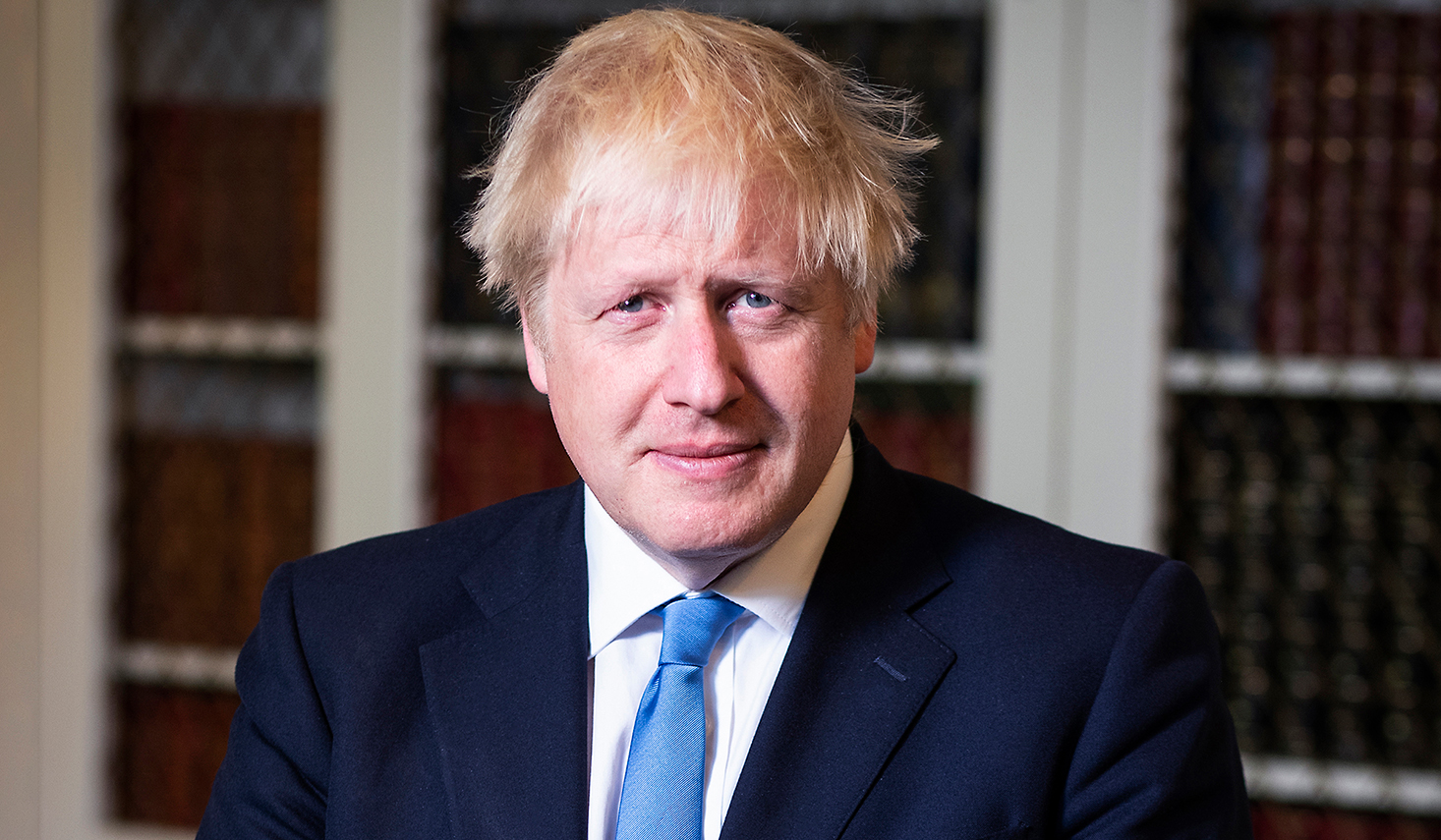
Boris Johnson
Constituency: Uxbridge and South Ruislip
Position: Prime Minister (July 2019 – September 2022)
Shortly after news of Truss resigning broke, it was reported that former Prime Minister Boris Johnson would stand in the leadership contest just six weeks after he left office. Despite verbally expressing his support for the LGBTQ+ community on numerous occasions, Johnson never apologised for referring to gay men as “tank-topped bum boys” in a 1998 column for the Telegraph. He did little to advance equality during his time leading the country and, just this year, made a number of U-turns on banning so-called ‘conversion therapy’ for all – resulting in a much more watered down version (which is also yet to be delivered) of what was originally promised. Plans to meaningfully reform the Gender Recognition Act were ditched during Johnson’s premiership, despite strong public support for streamlining the process of someone changing their legal gender. Hours before the first-ever UK MP came out as trans in March 2022, he allegedly made a joke at the expense of the transgender community. “Good evening ladies and gentleman – or as Keir Starmer would put it, people who are assigned female or male at birth,” he reportedly told fellow politicians during a speech, according to Politico. He has, however, generally voted in favour of gay rights, including backing the repeal of a ban on the promotion of homosexuality in schools in 2003. He did not vote on the Marriage (Same Sex Couples) Act of 2013 due to being Mayor of London at the time.
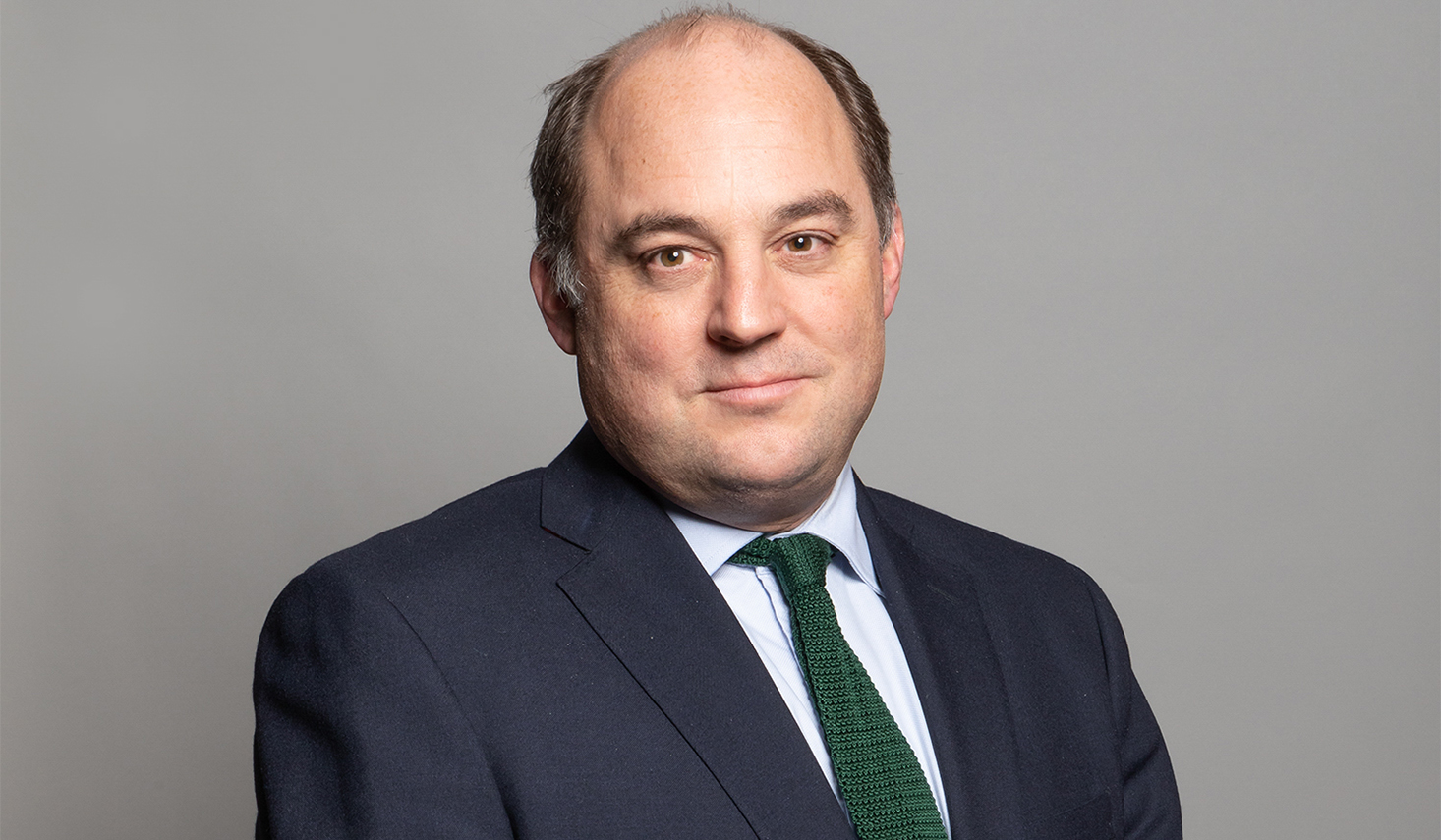
Ben Wallace
Constituency: Wyre and Preston North
Position: Defence Secretary (July 2019 – Present)
An MP since 2005, Ben Wallace has had a say on several key pieces of legislation relating to LGBTQ+ people. This includes an earlier iteration of the Equality Act in 2007, the legalisation of same-sex marriage in England and Wales in 2013 and making this available to armed forces personnel outside of the UK a year later. Wallace voted against all three. “Voting against gay marriage doesn’t make anyone homophobic,” he tweeted in 2017, just four years after writing that some people were supporting UKIP as “a gay marriage protest vote.” He proceeded to be absent from a vote on extending same-sex marriage to Northern Ireland in 2019. Wallace, the current Defence Secretary, opposed a European Court of Human Rights ruling which struck down the ban on gay people serving in the military. Writing for the Press and Journal newspaper in 1999, he said “the military, such as the organisation operates, is weakened by introducing sexual friction between individuals”. Two decades later, he backtracked on this view in an interview with the same newspaper, adding that “the world has moved on, and I think, you know, I’d just say I was wrong on that observation.”

